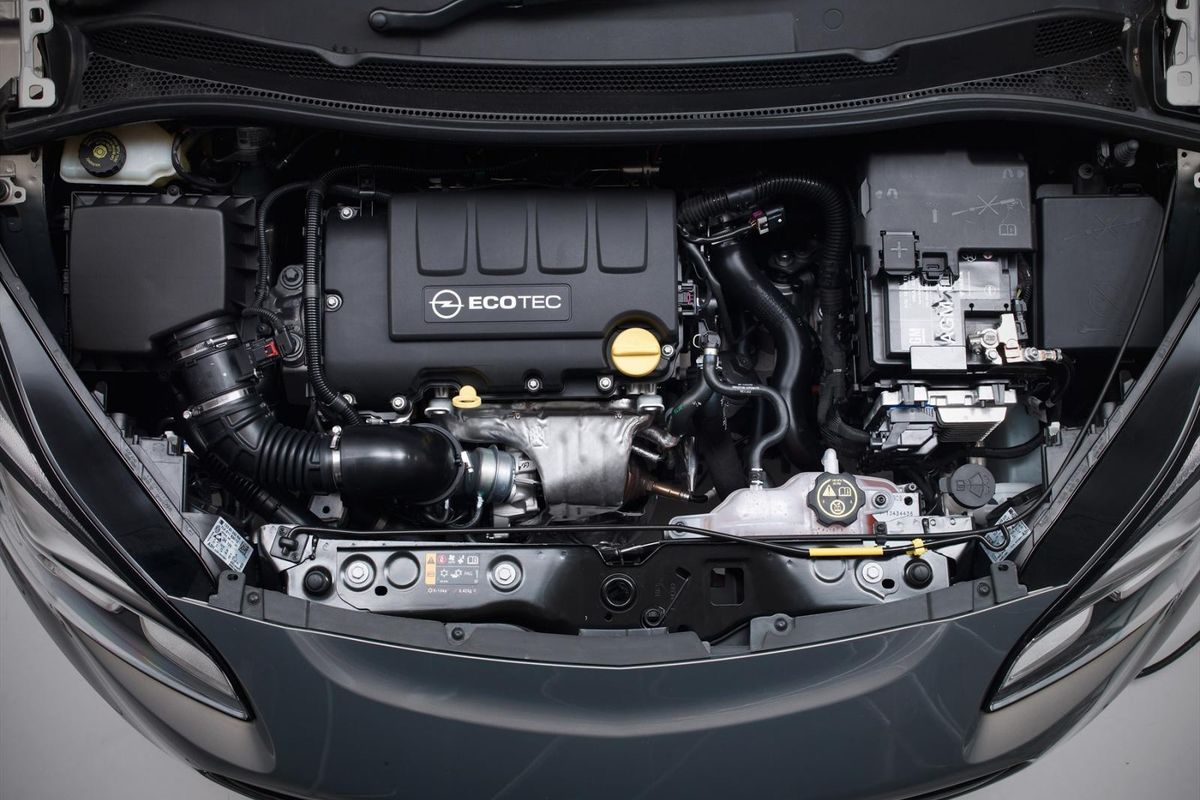Engine Buying Specialist Tips on Selecting the Right Engine for Your Details Requirements
Selecting the appropriate engine for your particular demands involves a complicated interplay of variables that exceed plain horsepower numbers. From power result to sustain performance, the decision-making process can be daunting. Understanding the subtleties of engine kinds, dimensions, and their compatibility with your vehicle is important. However, there are professional ideas that can aid browse this surface with confidence. By delving right into the ins and outs of power versus effectiveness, reviewing fuel ratings, and budgeting for lasting expenses, one can truly maximize their engine selection.
Power Vs. Efficiency: Discovering the Equilibrium
When picking an engine, it is crucial to strike an equilibrium between power and effectiveness to meet your specific requirements efficiently. Power describes the engine's ability to produce energy for propulsion, establishing aspects like velocity, pulling ability, and general performance - Opel Corsa 1.4 Engine Price. On the other hand, efficiency associates with how well the engine utilizes fuel to produce power, affecting variables such as gas economic situation and ecological friendliness
Achieving the right equilibrium between power and efficiency is necessary since an engine that is as well effective may take in too much fuel, causing greater operating expense and unneeded stress on the atmosphere. On the other hand, an engine that prioritizes effectiveness over power may lead to sluggish efficiency, especially sought after circumstances like hauling heavy lots or driving uphill.
To make an informed decision, think about elements such as your typical driving conditions, the designated use of the automobile, and your personal choices. By reviewing your top priorities and needs, you can pick an engine that strikes the perfect equilibrium in between power and efficiency, making certain optimal efficiency while minimizing environmental effect and operating costs.
Recognizing Engine Dimension and Kind
To better fine-tune the option procedure of an engine that strikes the ideal equilibrium in between power and performance, it is important to dive right into the intricacies of understanding engine dimension and type. Engine size refers to the total quantity of air and fuel that can be pressed through the engine cylinders.
Typical engine kinds include inline engines, V engines, and rotating engines, each with its unique advantages and disadvantages. Understanding the interplay between engine dimension and type is important in choosing an engine that aligns with your certain needs and top priorities, whether it be power, performance, or a balance of both.

Consider Your Car's Needs
If you are looking for an engine for a sturdy vehicle that will be used for towing, you will certainly need an effective engine with high torque capabilities. On the other hand, if you are choosing an engine for a portable vehicle primarily made use of for city commuting, gas efficiency may be a much more critical variable to take into consideration.
If you regularly drive in hilly i loved this or sloping areas, a durable engine with excellent climbing up power will certainly be essential. By straightening the engine specifications with your lorry's demands, you can make sure that your automobile operates successfully and fulfills your efficiency assumptions.
Examining Gas Efficiency Ratings
Assessing gas efficiency scores is a crucial aspect of picking the best engine for your lorry, guaranteeing cost savings and environmental sustainability. Fuel performance scores, usually determined in miles per gallon (MPG) for gasoline engines or kilowatt-hours per 100 miles (kWh/100 miles) for electrical engines, indicate how much an automobile can take a trip on a details amount of fuel or electricity. Greater MPG or reduced kWh/100 miles worths indicate more reliable engines, equating to decreased fuel prices and lower carbon discharges.
When examining gas effectiveness rankings, consider your driving demands and practices. A very fuel-efficient engine can result in considerable financial savings over time if you commute long distances daily. Additionally, contrast different engine choices within the same car course to recognize the most economical choice. Aspects such as engine dimension, weight, aerodynamics, and hybrid or electrical capacities can all influence fuel efficiency.
Budgeting for Long-Term Expenses
Strategically planning for lasting expenditures is necessary when picking an engine, making certain economic sustainability go to these guys over the automobile's life-span. While the initial acquisition price of an engine is a considerable aspect, it is important to consider the long-lasting expenses connected with maintenance, fixings, and fuel intake.
Moreover, looking into the availability and cost of substitute components for the picked engine is crucial in budget plan planning. Engines with easily offered and inexpensive parts can dramatically impact long-term upkeep costs. Additionally, considering the engine's longevity and anticipated life expectancy can help prevent unforeseen replacement costs in the future. By thoroughly budgeting for these long-term expenses and factoring them right into the decision-making procedure, people can choose an engine that not only satisfies their immediate demands yet likewise remains cost-efficient throughout its life expectancy.
Conclusion
Finally, selecting the ideal engine for your certain needs needs balancing power and performance, recognizing engine dimension and kind, considering your automobile's needs, reviewing fuel efficiency scores, and budgeting for lasting read the full info here costs. By meticulously considering these variables, you can ensure that you pick an engine that meets your requirements and gives optimum performance for your automobile.
To better fine-tune the selection process of an engine that strikes the optimum equilibrium in between power and performance, it is necessary to dive right into the ins and outs of recognizing engine dimension and type. Engine size refers to the complete volume of air and gas that can be pushed via the engine cyndrical tubes. Typical engine types include inline engines, V engines, and rotary engines, each with its special benefits and drawbacks. Understanding the interplay in between engine dimension and type is crucial in selecting an engine that aligns with your specific demands and top priorities, whether it be power, efficiency, or an equilibrium of both.

Comments on “Opel Corsa 1.4 Engine Price: Store High-Quality Vehicle Components for Your Automobile”